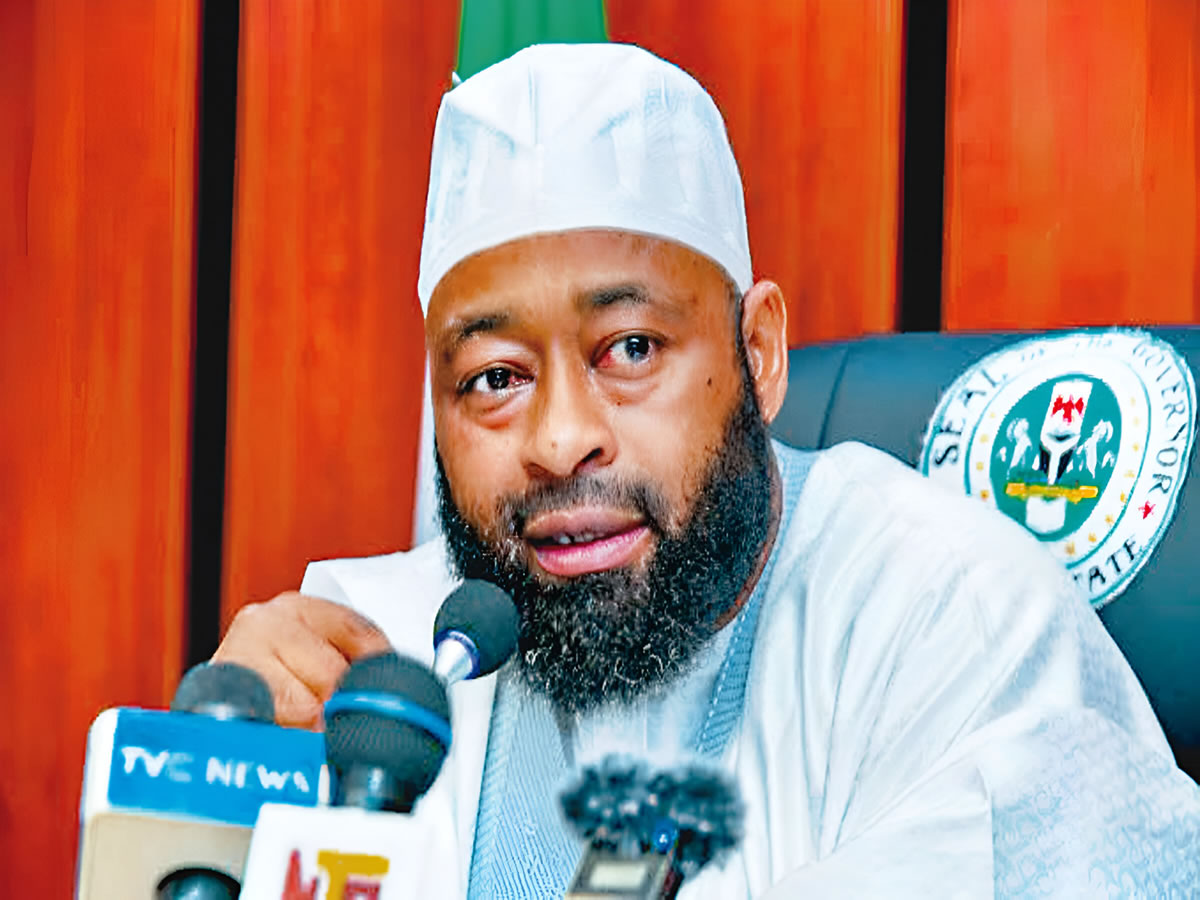By Collins Nnabuife
Copyright tribuneonlineng

Niger Governor, Mohammed Umar Bago, has credited President Bola Ahmed Tinubu’s economic reforms for driving infrastructural growth, agricultural expansion, and revenue improvement in the state.
Speaking during an interview on TVC’s Politics on Sunday, anchored by Femi Akande, Bago said the administration’s policies have created opportunities for states like Niger to attract investments, boost food production, and expand internally generated revenue.
“We are happy with the economic policy of the president. It has given us the opportunity to access serious resources. We have tripled our income from the Federation Account and quadrupled our internally generated revenue. Niger is now hitting about N10 billion monthly,” the governor disclosed.
ALSO READ: NASS, Kwara Assembly urged to probe NiMet’s failed 2025 projection
According to him, the federal government’s support for agriculture has significantly reduced food prices while making inputs available to farmers. He noted that the state has procured the largest number of John Deere tractors in Nigeria, with additional partnerships involving Brazil for crop production and agricultural extension services.
Bago revealed that the state is targeting the clearance of 250,000 hectares of land annually, with a four-year goal of 2 million hectares, both to tackle insecurity and to create space for commercial agriculture. He also highlighted a contract to supply bananas to Russia, with one million households in Niger State set to receive seedlings for cultivation.
On infrastructure, the governor pointed to major projects such as the remodeling of the state secretariat and the construction of highways, including the long-awaited 84-kilometer Minna–Bida road, now being expanded into a four-lane toll road under a partnership with the Islamic Development Bank and Abu Dhabi financiers.
He stressed that his administration is focused on building strong institutions rather than individuals, citing the recent dissolution of his cabinet as part of a mid-term performance review. Permanent secretaries, he explained, have been mandated to ensure continuity and accountability in governance.
“We have key performance indicators for each ministry. Some commissioners performed above the threshold, while others underperformed. Dissolving the cabinet allows us to reset, without bias or vindictiveness,” Bago said.
The governor also addressed security challenges, noting that Niger State’s vast landmass — about 11% of Nigeria’s total land area, has long provided hideouts for bandits. He said converting such areas into productive farmlands is part of a broader strategy to weaken criminal elements.
On policing, Bago strongly advocated for state police, arguing that community-based security would be more effective than the current centralised system.
“Every local government already has vigilantes. Why not convert them into state police? People should police their own communities. That way, everyone is known and accountable,” he argued.
Bago further backed ongoing efforts to regulate religious preaching, insisting that sermons must align with peace and unity. He cited examples from Saudi Arabia, where religious messages are reviewed before delivery, as a safeguard against extremist teachings.
Despite political undercurrents, Bago maintained that Niger remains firmly an All Progressives Congress (APC) stronghold and expressed confidence in the trajectory of Tinubu’s economic reforms.
“Niger State is 100% APC. The support for the president is glaring, and what we are enjoying now in infrastructure and agriculture is a direct result of his leadership,” he concluded.



